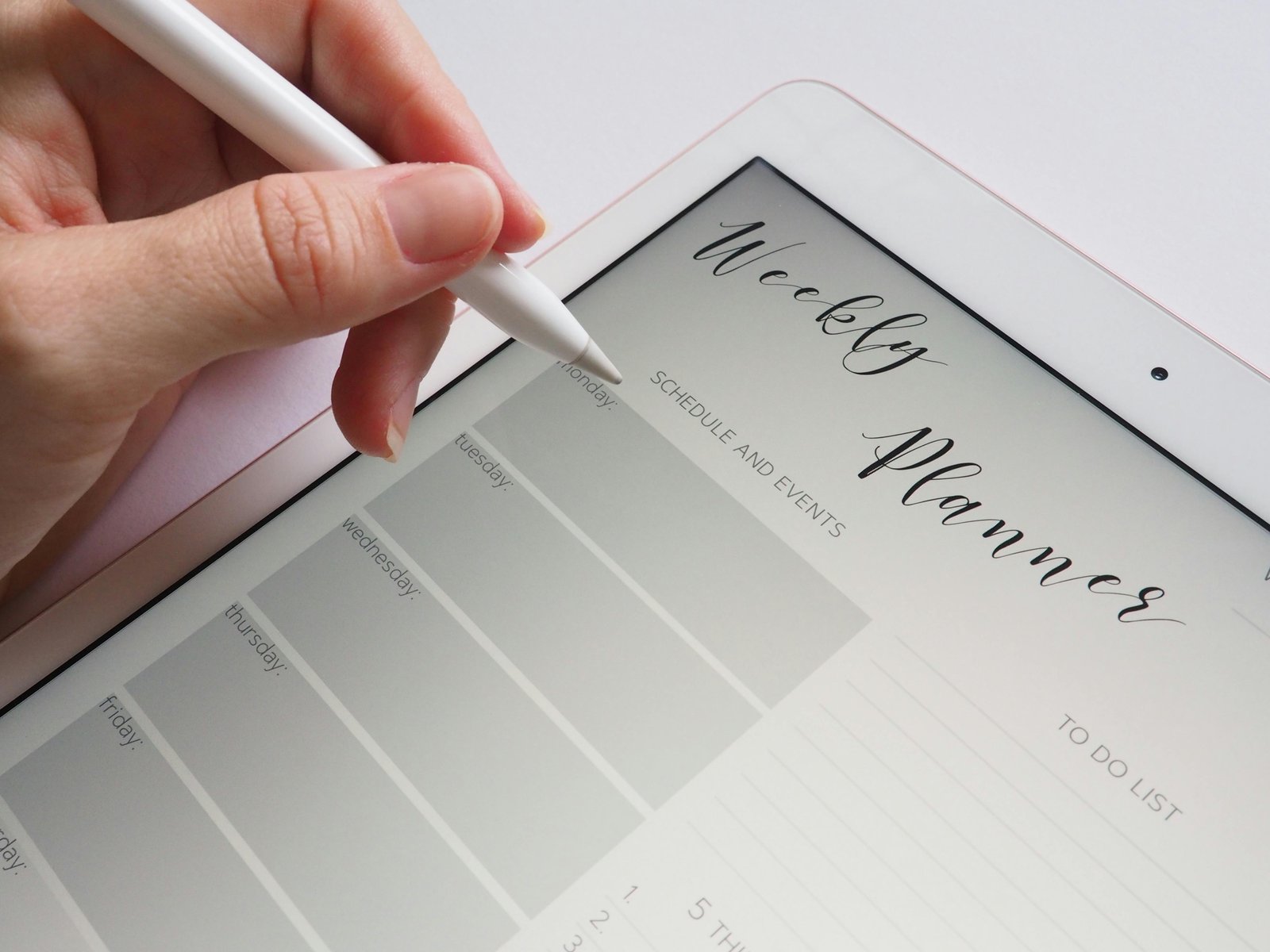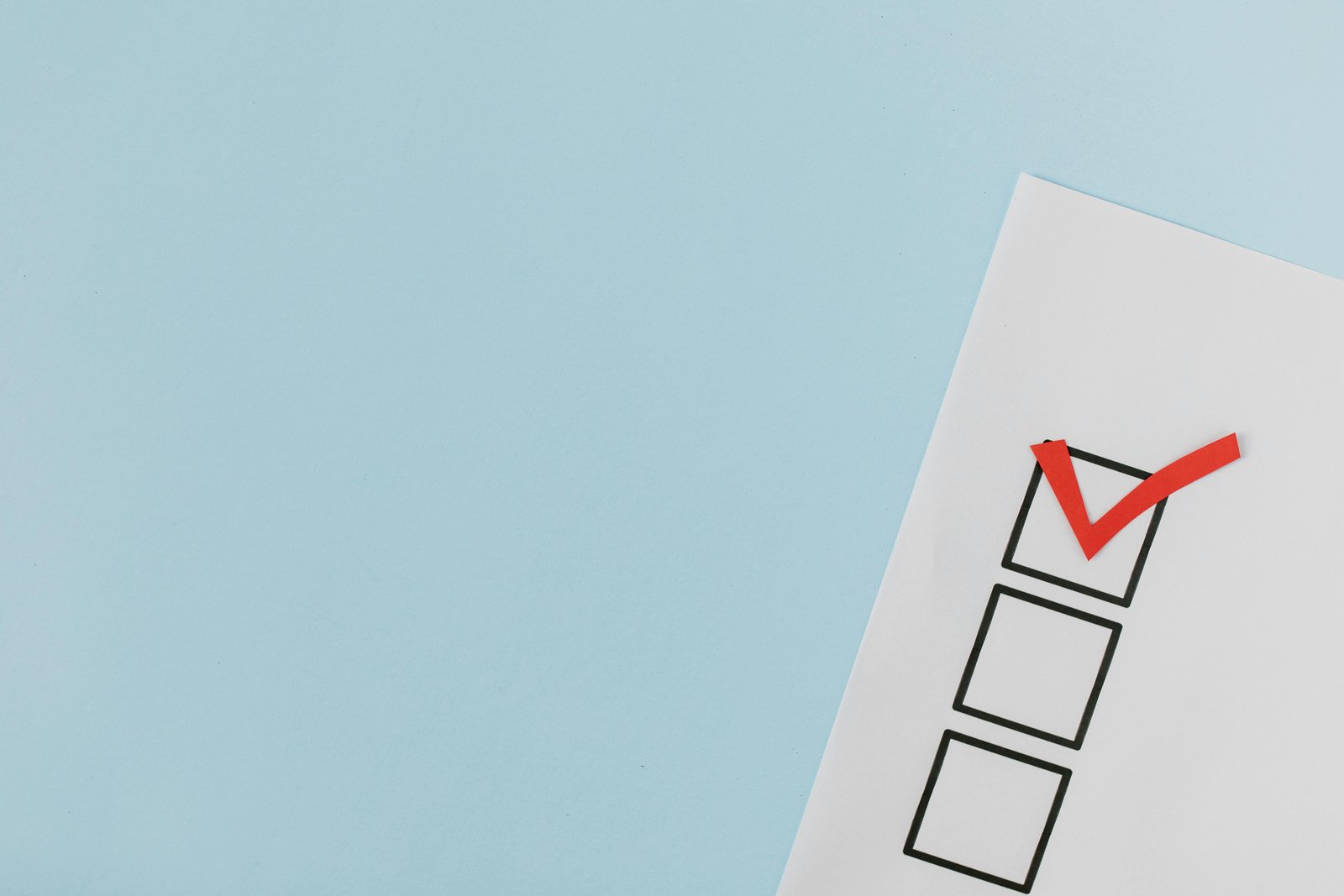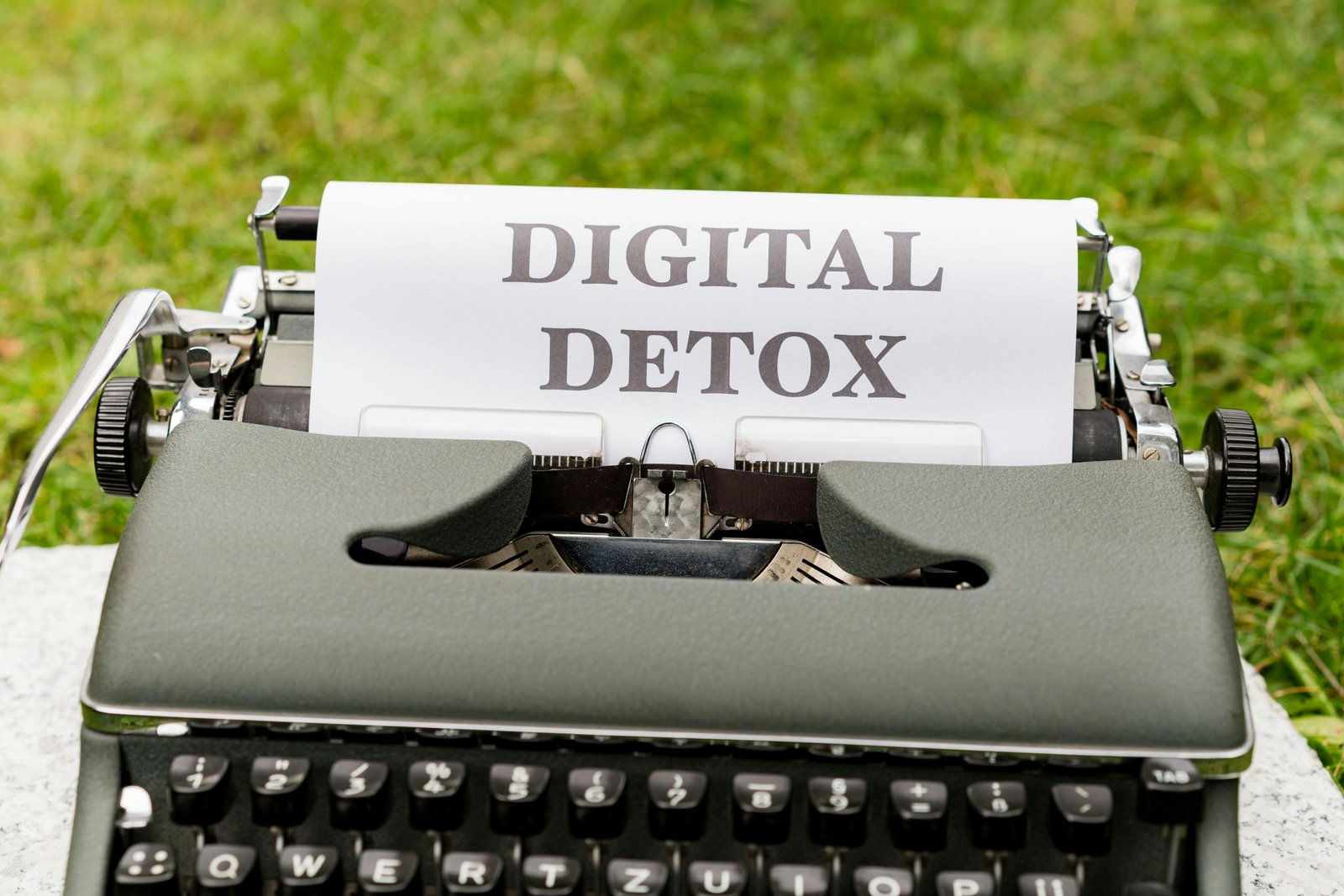Article:
Emma, a driven marketing executive, lived tethered to her devices. Emails, notifications, and deadlines consumed her, leaving her anxious and exhausted. One Friday night, her hands trembled as she stared at her overloaded inbox. Her friend Mia’s warning echoed in her mind: “You need to unplug before your body forces you to.” That night, Emma decided on a bold move—a weekend digital detox.
Saturday morning felt foreign without her phone. Instead of scrolling, Emma opened her window, savoring the crisp autumn air. She picked up an old notebook and began journaling her thoughts. Writing helped her release emotions she hadn’t confronted in years. Feeling lighter, she went for a phone-free walk. With birds chirping, leaves rustling, and the sun warming her skin, everything looked to be alive. It was strangely healing.
By Sunday, Emma felt a calm she hadn’t experienced in months. She cooked, read, and simply was. Without digital distractions, she found space to breathe, reflect, and reconnect with herself.
When Monday arrived, Emma returned to her devices, but with clear boundaries. She limited her screen time, set dedicated unplugged hours, and committed to weekly detoxes. Over time, her anxiety eased, her focus sharpened, and her life regained balance.
Emma's detox turned into a significant change rather than a passing trial. She rediscovered the bliss of silence by removing herself from the digital cacophony, demonstrating that sometimes unplugging and restarting is the best course of action.

Digital technology has completely altered how we work and live, but it also brought fresh challenges. Many people today experience digital overload, which is defined by excessive screen time, constant notifications, and persistent attention-demanding demands. Stress, anxiety, and burnout are all consequences of this continual connectedness to one's mental health. With ideas for both short-term and long-term lifestyle adjustments, this blog aims to investigate how digital detoxification—a deliberate break from digital devices, can help lower stress and enhance mental health.
Digital detox: What is it?
Deliberately detaching from electronic devices such as laptops, tablets, and smartphones for a certain duration is known as a "digital detox." Its primary objective is to provide individuals with a chance to take a break, regenerate, and restore control over their mental health—which can often be damaged by digital overload.
Constant access to social media, an endless flow of work emails, and extended screen time are all signs of digital overload. These actions lead to an endless cycle of fatigue, anxiety, and reduced efficiency. Emma from our prior story, for example, was caught in this cycle and felt overwhelmed by her gadgets until she decided to take a weekend break from using them.
A digital detox can be both short-term, like taking a weekend off from screens, or long-term, such as changing one's lifestyle to limit daily screen time or setting device usage limits. Both methods are essential for efficient stress management.

The Impact of Digital Overload on Stress
Mental health is impacted by digital overload in ways more than one. While you might already be aware of some; in case you miss any of them so we elaborate on them here for your consideration:
Overwhelming information
The brain becomes overwhelmed by constant exposure to emails, social media updates, and news. Mental exhaustion from the constant barrage of information makes it hard to concentrate or think effectively. Emma's inability to function normally is a result of her incessant email notifications and other updates. It is toxic to some extent because anything that harms your mental peace and affects your normality is toxic.
Continuous Communication
Relaxation and mental clarity are impacted by the pressure of being available all the time. Emma's difficulty in unplugging even during her downtime shows how work-related messages during off-peak hours obfuscate the boundaries between personal and professional lives.
Anxiety and Social Comparison
Unhealthy comparisons are encouraged by social media; they are brought into the picture even when you consciously don’t want it. This frequently results in stress and feelings of inadequacy. Scrolling through meticulously chosen pictures of other people's lives, for instance, can exacerbate negative feelings by causing self-doubt.
Disruption of Sleep
Due to blue light exposure and cerebral overstimulation, excessive screen usage, especially right before bed, interferes with sleep patterns. As Emma discovered prior to her detox, poor sleep quality also leads to increased stress and lower vitality.

The Advantages of a Digital Stress Reduction Program
Digital detox has been there around for a long time now; only awareness and people embracing it have increased currently. Why not? There are several benefits of digital detox for mental health and wellbeing.
Cutting down anxiety results in a sharper mind
Disconnecting from electronics gives the mind a chance to clear out, which lessens ongoing distractions and promotes tranquility. Emma was able to restore mental clarity and release pent-up emotions throughout her detox by journaling.
Increased productivity and focus
People can focus better and generate better work when they take digital breaks. Emma's detox weekend allowed her to concentrate on easy, satisfying pursuits like reading and walking, which helped her to refocus.
Better sleep quality
A deeper, more restful sleep can result from avoiding devices before bed. Emma's cleanse restored her energy levels and provided her with the sleepy evenings she needed so strongly.
Improved social interaction and relationships
Unplugging opens up possibilities for in-person interactions and stronger bonds with loved ones. For example, Emma discovered joy in her surroundings and reconnected with nature by putting her phone away, an experience that may be repeated in interpersonal connections.
Mental health improvement
Burnout, melancholy, and stress can all be considerably decreased with regular detoxes. Emma's journey from a stressed-out professional to someone in charge of her mental health is proof of the long-term advantages of digital detoxification.

Useful Techniques for Putting a Digital Detox into Practice
It’s all about choices and making conscious and consistent efforts to achieve them. Here are a few practical methods that can help you integrate a digital detox into your everyday routine.
Planned screen-free times
Set aside particular periods of time, like an hour before bed or during meals, to avoid using screens. For instance, Emma was able to appreciate the basic joys of journaling and the fresh air when she chose to begin her days without her phone.
Breaks on social media
Take a few days or weeks off from social media on purpose. This aids with mental reset and lessens the desire to evaluate oneself against others.
Weekends without technology
To truly recharge, schedule digital-device-free weekends or vacations. Emma's weekend detox serves as an example of how even brief rests can result in significant emotional and mental well-being.
Apps for meditation and mindfulness
Use apps that promote mindfulness and relaxation while avoiding social media. These can lessen anxiety without making people more dependent on screens.
Workplace digital boundaries
Limit conversations about work during off-peak hours. Turn off email notifications after 7 PM; it helps in a better work-life balance.

Blockers and How to Deal with Them?
Handling issues in digital detox while starting a digital detox may seem difficult. So here is some guidance that you may use to implement digital detox in your life.
Handling the fear of missing out (FOMO)
Remember that you're gaining time for personal development rather than losing out. Emma was afraid to leave her gadgets at first, but she quickly came to appreciate the freedom it offered.
Managing the symptoms of withdrawal
It's common to have initial anxiety or restlessness. Engage in offline activities like journaling, walking, or cooking, like Emma did, to counteract negative emotions.
Juggling work and rest
Plan breaks during non-essential hours if your employment involves using digital tools. For example, schedule 15-minute breaks during the workday to unwind without using a screen.
Establishing reasonable objectives
Make tiny, reasonable adjustments at first, such as setting aside 30 minutes each day to avoid screens. As you feel more at ease, gradually extend the duration.

How to Develop a Long-Term Habit of Digital Detox
For long-term accomplishments, you need to be disciplined and there isn’t any alternative for this. To establish a long-term digital detoxification routine, try these:
1. Take small, easy actions to begin detoxing, such as unplugging before bed or during meals.
2. Add detox habits into your routine, like dedicating 30 minutes daily to quiet, screen-free time.
3. Find a friend or group to join you in your detox journey. Sharing objectives and progress helps keep you motivated.
4. Keep track of your progress, such as going a week without using social media, and treat yourself to something worthwhile, like a special treat or a day outside.
One effective strategy for stress management and enhancing general well-being is a digital detox. It’s an important way to a more balanced and satisfying existence by lowering anxiety, improving focus, and promoting better sleep and relationships.
Make a commitment to cut down screen time for a week or challenge yourself to a digital detox weekend. Every second spent offline is worthwhile because of the benefits, which include a more tranquil mind, better mental health, and a refreshed sense of connection. Rediscover the joy of living in the present moment by taking the first step today; even if you don’t get there in a day, you will get closer to it for sure.


